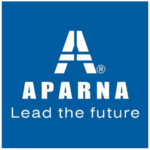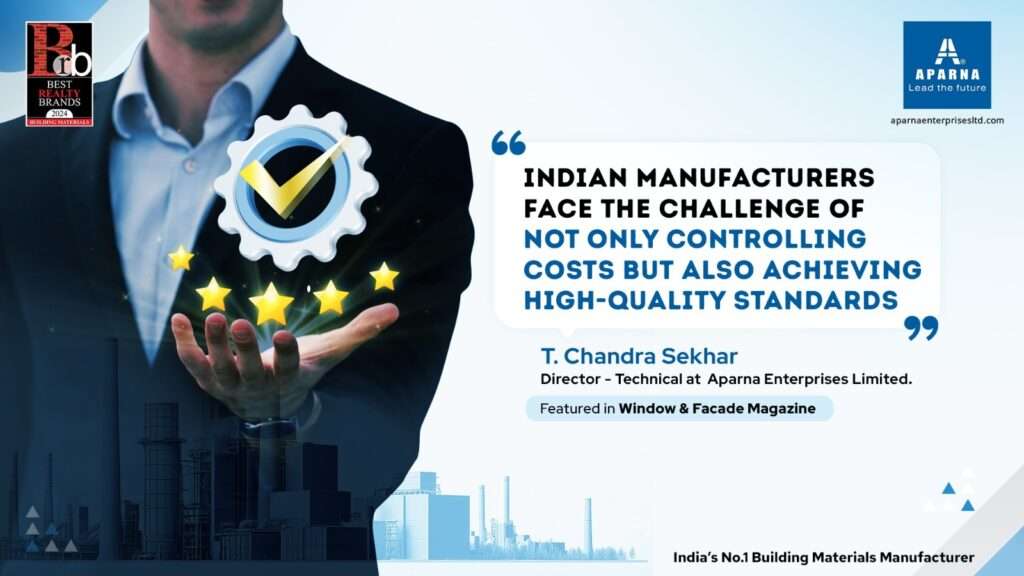Manufacturers Tackling Cost Control & Quality Standards
T. Chandra Sekhar, Technical Director at Aparna Enterprises Ltd (AEL), emphasises that the Indian market is challenged by the advanced manufacturing technologies and economies of scale enjoyed by international brands, particularly those from Turkey, China, and Europe. In 2024, China’s hardware and building materials market is expected to generate approximately USD 525 billion, while India’s market is projected to be around USD 160.90 billion. This stark difference in market size underscores the competitive advantage of these international brands. Indian manufacturers face the challenge of not only controlling costs but also achieving high-quality standards to remain competitive.
One significant hurdle is the lack of protective duties, which allows international brands to enter the Indian market at lower prices. Additionally, many Indian brands are still in the process of acquiring international certifications, putting them at a disadvantage against established global players. Sekhar suggests that mandating BIS certification for international brands entering the Indian market could help ensure that only products meeting stringent quality standards are allowed.
Despite these challenges, Indian brands are making strides in enhancing their production capabilities, focusing on innovation, and improving after-sales services, Government initiatives like ‘Make in India’ are aiding in improving competitiveness. The Indian market is expected to grow at a compound annual growth rate (CAGR) of 1.64% from 2024 to 2028, Indian companies are increasingly adopting advanced technologies such as automation and digitalisation to enhance efficiency and product quality, which is crucial for competing with international brands
Sekhar discusses the complexities involved in supplying the right hardware for various applications. Different profile sections require specific hardware solutions, necessitating a deep understanding of application requirements. Challenges include maintaining a wide product range, ensuring consistent quality control, and managing logistics. Precise hardware solutions are needed for doors, windows, and structural components, each with unique specifications and performance criteria. Collaboration with architects, fabricators, and system designers is crucial. Sekhar emphasises that brands are investing in research and development to create innovative and customised products while improving supply chain management and leveraging advanced manufacturing technologies to maintain high standards.

